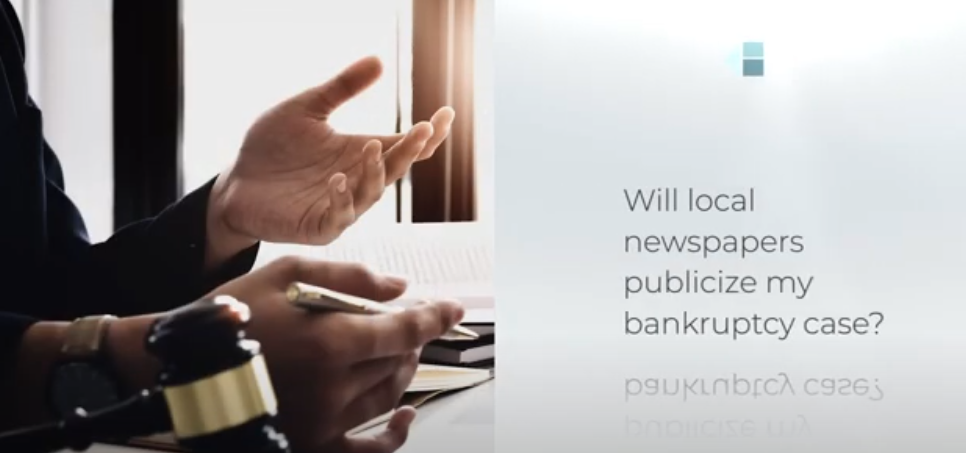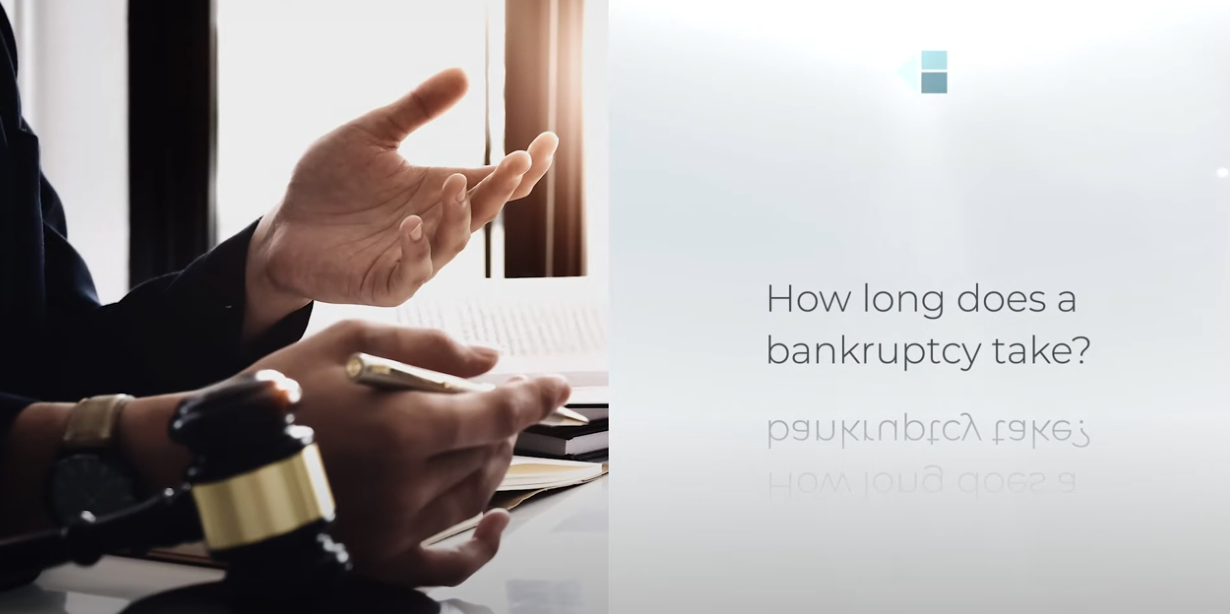Getting rid of student loan debt is an issue that affects thousands of Americans. Bankruptcy is often a top choice for a fresh financial start, but borrowers are not automatically entitled to a discharge of their student loans.
Depending on your situation, you may need to file a forbearance request or negotiate a more reasonable repayment plan. If you have a dischargeable debt, your bankruptcy attorney can help you understand your options.
Can You Get Rid of Student Loans Through Bankruptcy?
Student loans are usually not dischargeable through bankruptcy. This means that if you file for bankruptcy, your student loans will still be required to be paid off in full. However, there are ways to get your loans discharged through bankruptcy under certain circumstances. If you can prove that paying back the loan would cause an undue hardship on you or your family, then you may be able to have the loan discharged. Additionally, if the loan was taken out fraudulently or without your knowledge, then it may also be discharged through bankruptcy. It is important to note that getting student loans discharged through bankruptcy is a difficult process and typically requires a lawyer who specializes in this area of law.
What is an Undue Hardship?
To get a discharge, you have to prove that repaying your debts would create an undue hardship. An “undue hardship” can be defined as a circumstance that is so severe that repayment would result in you falling below the minimum standard of living. This standard of living is usually close to poverty and is considered a small living standard.
To file for undue hardship, the individual must prove that they cannot maintain a minimal standard of living while paying back their loans. This varies by jurisdiction but typically requires showing that the repayment would cause an excessive financial burden and would continue for a significant portion of the repayment period.
Undue hardship can be filed under Chapter 7 or 13 bankruptcy, with Chapter 13 allowing for an individual to come up with an approved repayment plan instead of outright discharge of the debt. If approved by the court, the debtor will receive a bankruptcy discharge and no longer be responsible for repaying their student loan debt.
How a Student Loan Discharge Works
A student loan discharge is an option for those struggling with their student loan debt. When a person files for bankruptcy, they can request that the bankruptcy court discharge their student loans. This means that the borrower would no longer be responsible for paying back the debt. The types of debt that can be discharged in bankruptcy include medical bills, credit card debt, and mortgage payments. However, student loan debt is much more difficult to discharge away in bankruptcy than other forms of consumer debt due to its particular legal status.
To file for a student loan discharge through the bankruptcy process, borrowers must prove to the court that repaying the student loans would cause an undue hardship on them or their families. If this proof is provided and accepted by the court, it will allow them to have their student loan debt discharged and wiped away. If you are having difficulty managing your student loans, consider filing for bankruptcy and asking for a discharge of your student loans to help get your finances back on track. Your bankruptcy lawyer can help you.
What Happens if Bankruptcy Court Doesn’t Discharge Your Student Loan?
If you file for bankruptcy and the bankruptcy court does not discharge your student loan, then you will still be required to pay it back. Depending on the type of bankruptcy, you may be able to extend your repayment term or lower your interest rate in a Chapter 13 bankruptcy. However, if you do not qualify for Chapter 13, the only other option is a Chapter 7 bankruptcy. In this case, the bankruptcy court cannot discharge your student loan debt either, so you will still be responsible for paying it off.
Schedule a Consultation With a Twin Cities Lawyer
Student loan debt is difficult to deal with and can have a significant impact on your future. If you cannot afford to repay your student loans, you should consider bankruptcy in order to discharge them. Depending on the situation, this may be a more efficient option than working with a lender to arrange for a more manageable repayment plan. Your bankruptcy attorney can help you understand what options are available for dealing with your student loan debt through bankruptcy.
If you need help, please do not hesitate to contact our law office. Kain + Henehan is an experienced bankruptcy firm with offices in St. Cloud, Minnesota, and the Twin Cities. Contact us by calling (612) 438-8006 or filling out the online form.







